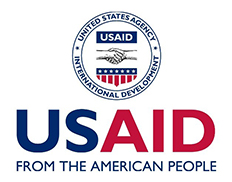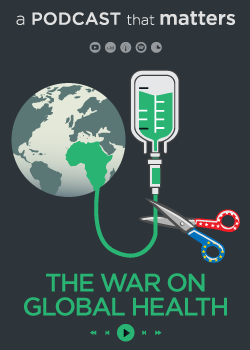Print

USAID Moldova Institutional and Structural Reforms Activity (MISRA)
Details
Locations:Moldova
Start Date:Mar 6, 2022
End Date:Mar 6, 2027
Contract value: USD 35,000,000
Sectors: Public Administration, SME & Private Sector, Trade
Categories:Grants
Funding Agencies:
Date posted:Jul 5, 2022
Description
Notice ID: RFP72011722R00002
Contract Award Number: 72011722C00001
Description
This is a request to approve a sole source award to Nathan Associates for $35 million to implement the Moldova Institutional and Structural Reform Activity (MISRA), with an estimated period of performance of five (5) years. Under this action, Nathan Associates will stimulate a sustainable and inclusive recovery from the regional crisis, improve the institutional, business, and trade enabling environment in Moldova by supporting Moldova’s public institutions and the private sector to accelerate the implementation of trade liberalization mechanisms, adopt structural and investment climate reforms, accelerate financial sector reforms, improve economic governance in the public sector, and enhance strategic communications between the private and public actors.
Component 1: Strengthening public economic governance institutions for resilience and accountability The main objective of this component is to support the modernization and rethinking of business/citizen-centered public services by streamlining processes and incorporating the latest digital tools into the public systems, creating a regulatory and operational environment favorable for development and growth of businesses and service delivery in the virtual environments and stimulating the development of the digital economy. To do this, the activity will support public sector institutions to implement streamlined procedures and systems to improve their effectiveness and transparency; and assist supported institutions to reinforce integrity by complying with international standards.
Component 2: Pursuing structural reforms to improve the trade and investment enabling environment The main objective of this component is to support the GoM streamline its regulatory and operational practices to improve trade and the business enabling environment so that the country pursues a quick economic recovery. The component will be focusing on improving the investment climate in order to stimulate private sector investment to achieve more sustainable growth, increase the country's competitiveness, and create more and better jobs, while assisting to diversify its economy. Furthemore, as a result of the Russian aggression on Ukraine and thus nonfunctional trade corridors, supply chains, demand compression, etc. the activity will work on systems, procedures, abilities of the country to reorient business and trade flows towards EU borders, while creating incentives for businesses to come and stay in Moldova.
Component 3: Accelerating financial sector reforms and inclusiveness The main objectives of this component are to support development of an inclusive and resilient financial sector and support the infrastructure necessary to enhance its efficiency, transparency, and resilience. To do this, the activity will focus on enhancing financial sector governance by supporting the development of the necessary regulatory framework and capacity building of regulators. The activity will also focus on improving financial inclusion and promoting digitization in the financial sector services, broadly “FinTech,” with the goal of fostering greater efficiency, transparency, resilience, and empowerment across a variety of sectors (e.g., agriculture, health, education, energy, and/or governance).
Component 4: Enhancing strategic communications The main objective of this cross-cutting component is to improve the public’s understanding of, and support for efforts to overcome the economic crisis, generated by the Russian invasion of Ukraine and activities that improve the institutional, business, and trade enabling environment in Moldova. Through enhanced strategic communications, the activity will help generate momentum, from planning through the implementation stages, for trade liberalization and quick structural reforms. The activity will improve the way information about reforms and the reform process is related to businesses and the public at large. Doing this will create increased opportunities for public-private dialogue in order to increase private sector input into the reform lifecycle, and for working with media outlets to motivate citizens to advocate for and analyze reforms.

